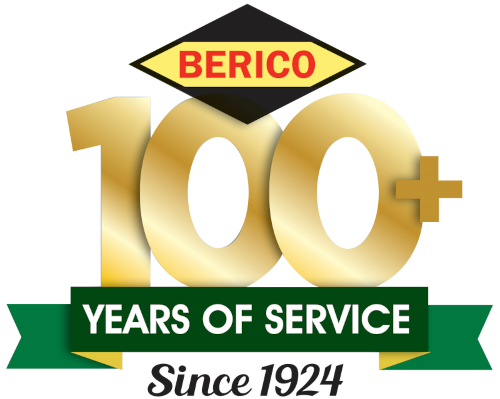Boosting Energy Efficiency
In today’s world, where environmental consciousness and economic efficiency are of paramount importance, boosting energy efficiency in your home is a step in the right direction. Energy efficiency not only lowers your utility bills but also reduces your environmental footprint. This article delves into the significance of enhancing energy efficiency and its connection to AC repair. Additional Info
Understanding Energy Efficiency
Energy efficiency refers to the process of using less energy to perform a specific task or provide a service while maintaining the same or even improved results. In a home, it involves optimizing the use of energy-consuming systems, like heating, cooling, lighting, and appliances, to minimize energy wastage. A more energy-efficient home typically consumes less energy, reducing utility costs and environmental impact.
Ways to Boost Energy Efficiency
Proper Insulation and Sealing
One of the fundamental steps to increase energy efficiency is to ensure your home is well-insulated and properly sealed. Insulation prevents heat from escaping in the winter and entering in the summer, reducing the workload on your HVAC system. Sealing gaps and cracks in windows, doors, and walls also prevents energy leakage.
Upgrading Appliances
Old, inefficient appliances can consume a significant amount of energy. Upgrading to energy-efficient models, such as ENERGY STAR-rated appliances, can drastically reduce your energy consumption, leading to lower utility bills.
Smart Thermostats
Investing in a programmable or smart thermostat allows you to control your HVAC system more efficiently. You can schedule heating and cooling cycles to match your daily routine and adjust settings remotely, optimizing energy usage and comfort.
LED Lighting
Replacing incandescent bulbs with energy-efficient LED lighting not only reduces electricity consumption but also improves the longevity of your bulbs, reducing the frequency of replacements.
The Connection between Energy Efficiency and AC Repair
Reduced Strain on HVAC Systems
Boosting energy efficiency in your home alleviates the strain on your heating, ventilation, and air conditioning (HVAC) system. When your home is well-insulated, your AC system doesn’t have to work as hard to maintain a comfortable indoor temperature. This reduced workload can prolong the lifespan of your system, preventing the need for costly AC repairs.
Regular Maintenance
Energy-efficient HVAC systems often require less maintenance and experience fewer breakdowns. Regular maintenance of your AC system, including cleaning or replacing air filters, lubricating moving parts, and checking for refrigerant leaks, is essential to ensure it runs at peak efficiency. Neglecting maintenance can result in reduced energy efficiency and, over time, lead to costly AC repairs.
Preventing Wear and Tear
Energy-efficient homes typically have less wear and tear on HVAC systems due to reduced usage and strain. An HVAC system in good working condition experiences fewer breakdowns, meaning fewer instances where you might need AC repair services.
Identifying Energy-Efficiency Improvements
When you schedule AC maintenance or repair services, you can also inquire about potential energy-efficiency improvements. HVAC technicians can offer insights into upgrades or changes that can make your system run more efficiently and lower your energy consumption, ultimately reducing the need for AC repairs.
Boosting energy efficiency in your home is a win-win situation. It not only results in lower energy bills but also contributes to a greener, more sustainable environment. Importantly, there’s a significant connection between energy efficiency and AC repair. By investing in energy-efficient practices and regularly maintaining your HVAC system, you can enjoy a more comfortable home while minimizing the likelihood of costly AC repairs. In this way, you’re not only saving money but also reducing your carbon footprint and contributing to a more sustainable future.

